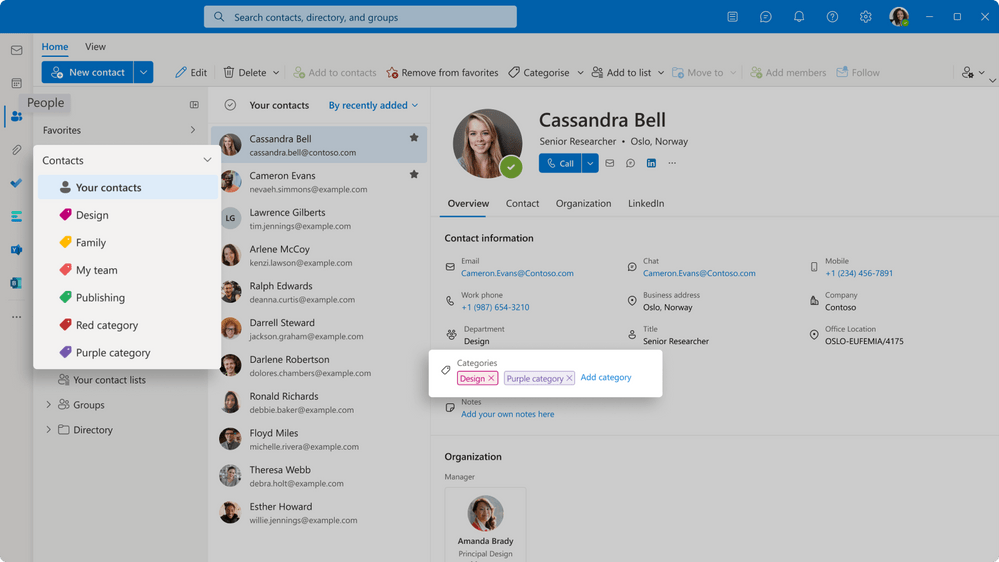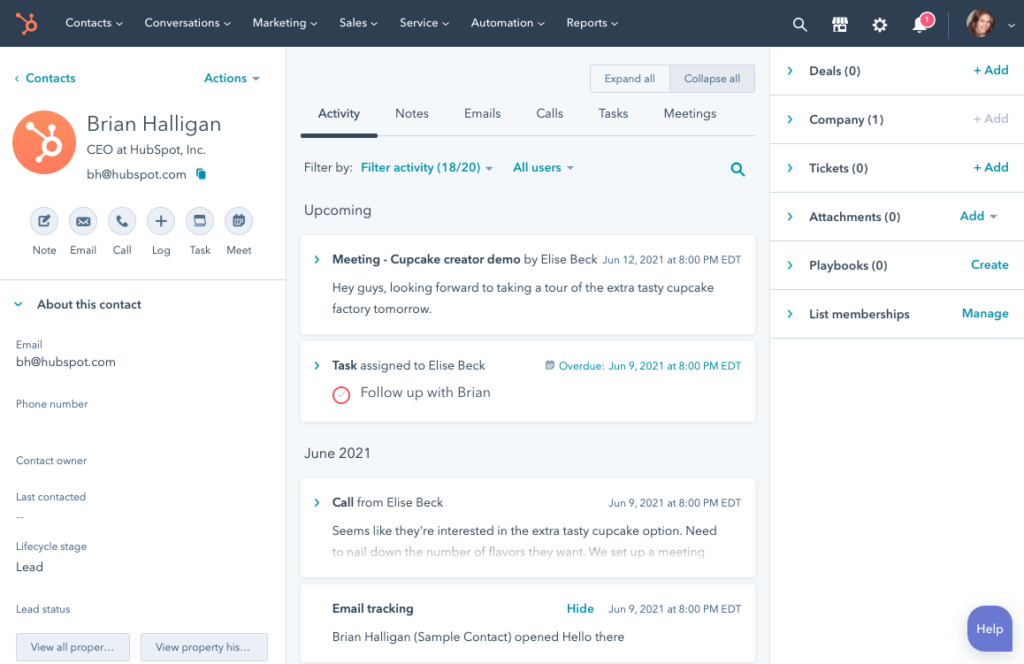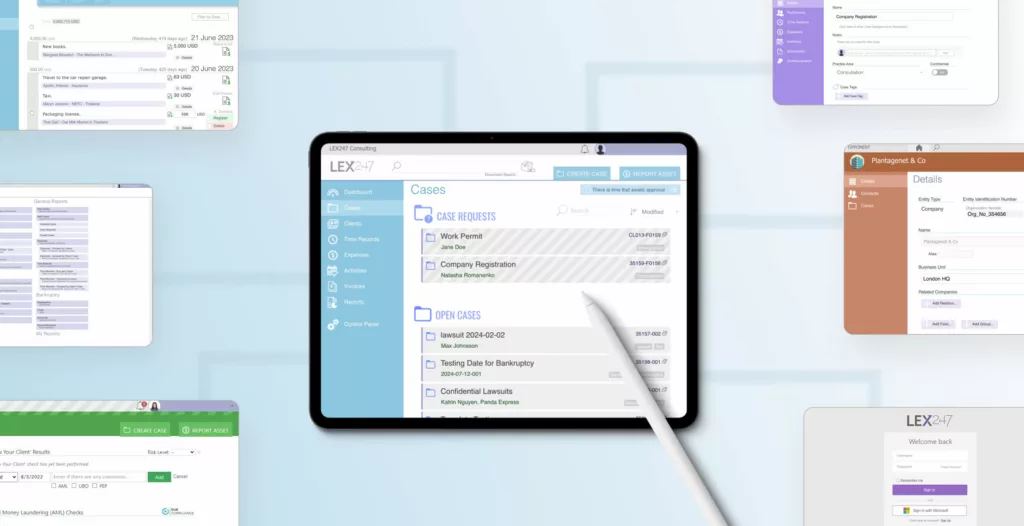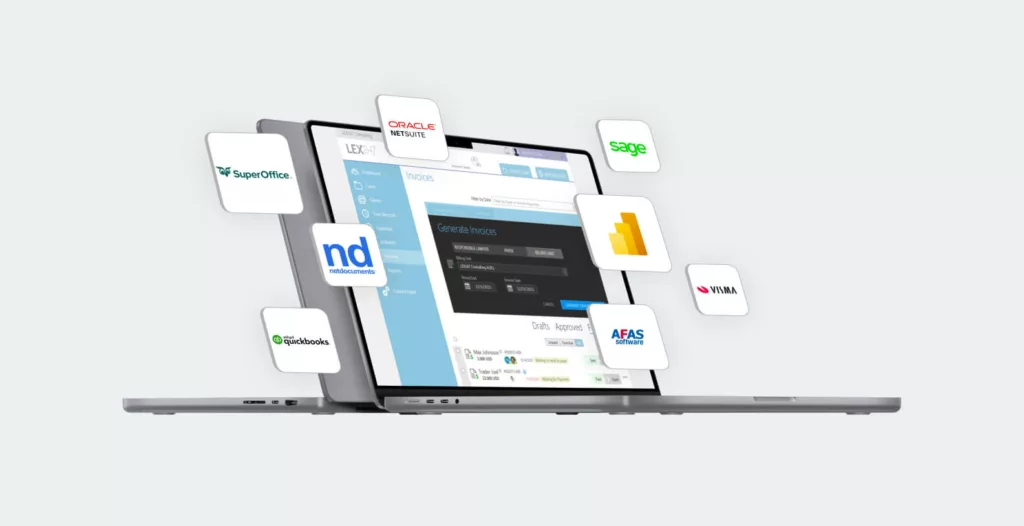Are you struggling to make the right choice between contact management and customer relationship management for your law firm? With both options offering distinct advantages and functionalities, it can be a challenging decision to make. In this article, we will delve into the world of contact management and customer relationship management, as well as the key factors that can help you find the best fit for your legal practice.

Contact Management and Customer Relationship Management: A Brief Overview
Before we dive into the comparison, let’s briefly understand the essence of contact management and customer relationship management:
Contact Management: A contact management system is designed to organize and maintain essential contact information, including clients, leads, colleagues, and other relevant parties. It typically includes features like contact storage, categorization, and search functionalities.
Customer Relationship Management (CRM): A CRM system takes contact management to the next level by not only storing contact information but also nurturing relationships with clients. It facilitates communication, tracks interactions, manages tasks, and analyzes data to improve engagement and satisfaction.
The Benefits of Contact Management
Streamlined Organization: A contact management system allows you to store contact details like name, contact persons, websites, and many others in a database and categorize them based on clients, practice areas, or referrals, allowing you to easily retrieve the information you require.
Increased Productivity: With quick access to contact information, your firm can save time and focus on essential tasks, resulting in improved productivity.
Enhanced Communication: Contact management tools provide centralized communication platforms, allowing seamless interactions with clients and colleagues.
Improved Follow-ups: Stay on top of crucial tasks by setting reminders for follow-ups and deadlines.

The Benefits of Customer Relationship Management
Centralized Client Data: A CRM system keeps all client-related information in one place, making it easier to access, analyze, and update.
Automated Communication: A CRM system also offers automated communication features like chatbot or automated responses, ensuring that clients receive timely updates and responses to their inquiries.
Task Management: Assign tasks and deadlines to team members, ensuring that everyone is on the same page and focused on providing excellent service.
Data Analytics: A CRM system provides valuable insights into client behavior, preferences, and engagement patterns, allowing you to tailor your services accordingly.

Which Solution Is Best for Your Law Firm?
Consider the size and complexity of your law firm: Contact management systems work well for smaller firms with straightforward needs. They offer features to store and categorize contacts efficiently. On the other hand, CRM systems are better suited for larger firms with more complex workflows and a higher number of client interactions as they come with advanced tools for automated communication and task management.
Think about your firm’s communication requirements: CRM systems provide automated communication features, like personalized emails and scheduled follow-ups, which are beneficial for firms with frequent client interactions. This helps maintain consistent engagement and strengthens client relationships.
Evaluate how each system fits into your current workflow: It’s essential to choose a solution that seamlessly integrates with your firm’s processes and the system your firm is currently using, like a document management system or a legal practice management system, making it easier for your team to adapt and use effectively.
Take your budget into account: While CRM systems often offer more features, there are affordable options available for smaller firms or startups. Assess the value each system brings and choose one that aligns with your budget.
Protecting sensitive client information is important: Ensure that both the contact management and CRM systems have strong security measures, such as encryption, to protect your valuable data from unauthorized access.
User-Friendly Interface: Opt for a system with an intuitive interface that doesn’t require extensive training. A user-friendly platform will help your team quickly adapt to the new system.
Examples of Contact Management and Customer Relationship Management
Here are some examples of contact management and CRM systems suitable for your law firm:
Contact Management Software:

Contact Boss: A cloud-based all-in-one contact management software that offers user-friendly contact organization and streamlined communication features, making it a suitable choice for law firms.

Epona ContactManager: A comprehensive solution tailored for law firms, providing efficient contact organization, document management, and email integration for better communication and collaboration.

Microsoft Outlook: A user-friendly program to manage contacts and track communication history. It’s popular among law firms using Microsoft 365.

Google Contacts: A simple tool to organize contact information easily. It works well with other Google services, making it convenient for law firms already using G Suite.
Customer Relationship Management Software:

Freshworks CRM: A versatile CRM system that allows law firms to centralize client information, track interactions, and streamline communication. It offers a user-friendly interface and customizable features to fit various law firm needs.

HubSpot CRM: A user-friendly CRM that provides contact management and marketing automation features. It allows law firms to manage client information effectively and engage with clients through various channels.

Bigin by Zoho CRM: Designed for efficient contact organization, task management, and communication tracking. It offers a user-friendly interface and can be tailored to fit various law firm needs.

Salesforce for Legal: A specialized version of Salesforce for the legal industry, providing tools to manage client relationships, track leads, and analyze data.

Zendesk Sell: An intuitive CRM system designed to enhance sales and customer support processes. For law firms, it can help manage client interactions, track potential leads, and provide excellent customer service.
Conclusion
Choosing the right contact management or CRM system is a crucial decision that can greatly affect your law firm’s efficiency and client relationships. Think about your firm’s needs, size, and budget to make a well-informed choice. By using these tools effectively, you can boost productivity, offer excellent client experiences, and ultimately, succeed in the legal industry.






